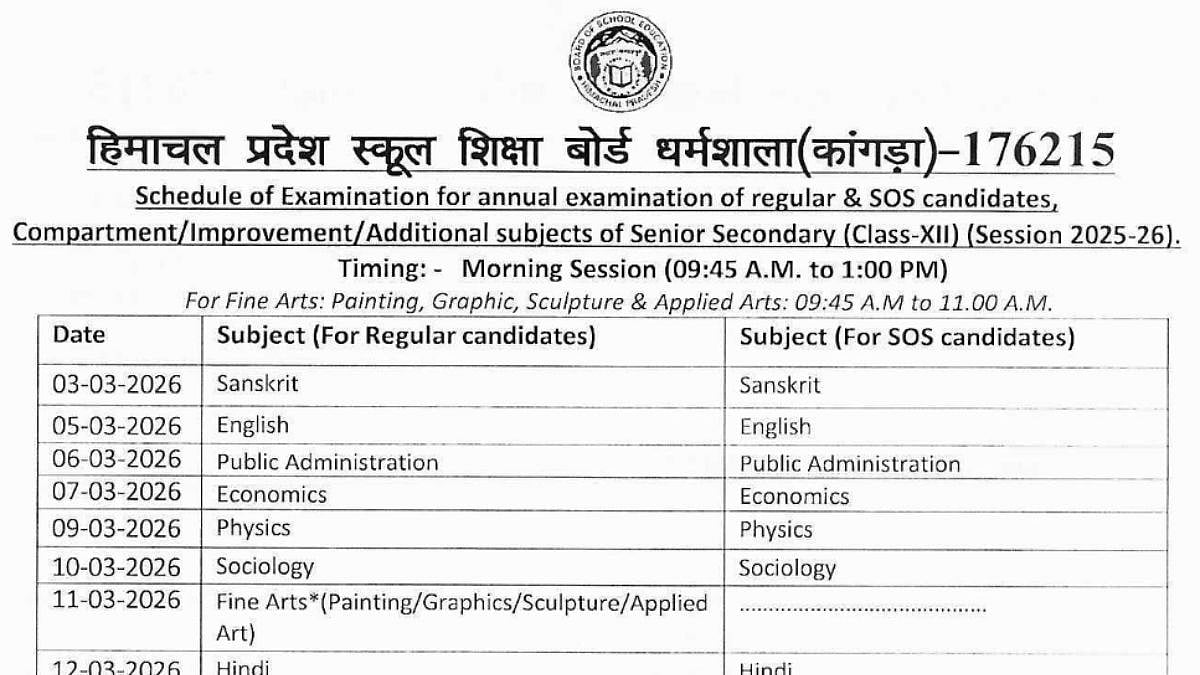No satisfying video or any amount of coffee (or tea) will ever match up to the burst of emotions you feel after securing a job in a foreign land, especially if you are a student. Finding a job that matches your needs is one of the more challenging things you will accomplish during your time in the UK, regardless of whether you are in a placement year or have recently completed your degree. I am in my placement year and, to be able to write this from my workplace in Covent Garden is a dream come true for me. Here are some key things to keep in mind while securing a job in the UK after your studies:
Narrow your job search, not cities - Searching for opportunities that fit you, have recently been published, or are in your sector is the greatest method to discover job roles. This would eliminate the majority of unnecessary listings and emphasise the need to search for jobs in all 4 countries and smaller cities as well, rather than solely concentrating on big cities like Glasgow, Cardiff, and London in the UK. However, towns like Bournemouth, Southampton, and Bristol have proven to be lucrative options for students as they are starting out. Be prepared to move if these cities offer better opportunities for you.
Research potential employers - You should do your best to research possible employers before the interview. Once you've decided which job postings to apply for, spend some time online researching the companies you might work for. Employees frequently talk about their interactions with the business, their prior job there, and what you may anticipate as an employee. On websites like TrustPilot or Glassdoor, you can similarly search for client and customer reviews. Be cautious with your research to avoid getting involved with companies that have a reputation for bad business practices (yes, there are a lot). So it becomes more important to be thorough with your research.
Streamline your social media - Social media makes online networking much easier, but it may also work against you. You want your internet presence to be flawless while applying for jobs, regardless of the position you're going for. Especially when you are required to list your social media profiles on your CV in creative fields. When you start looking for work, companies will undoubtedly check your social media profiles. If you use Facebook, Twitter, Instagram, or another platform, check your data there beforehand. If you have any offensive or derogatory remarks on your profile, remove them right away.
Adapt your CV and cover letter before every application -Given that different employers and businesses naturally want to see things that are unique to them and that there are an infinite number of applications, you will need to make a careful effort to make an impact on each of them separately. This calls for careful consideration of the format of your resume and cover letter every time you send them out, the order in which you mention your qualifications and experiences, etc. Finding jobs in the UK will be more difficult than it needs to be if your CV and cover letter don't make a strong first impression.
Lastly, Don’t get disheartened : To be frank you are not going to get the job you are looking for that easily, it’s going to take a lot of time and a significant amount of effort to reach that stage. It's funny how quickly you can go from dreading to showing up on your 1st day at work. There will be rejections from potential employers every single day, in my case I have faced more than a thousand rejections, even on LinkedIn and Indeed. This can demotivate you but that’s how tough the process is going to be. When you know you are good enough and will make it, that’s all that matters to push yourself to do the best you can. The process involves hard work and a bit of luck as well. Some of my friends got placements in a month and it took some time for others. But what you should know is to: Have patience; Apply to the right places; Be aware of the roles;; Not keep your source to one place and explore other options as well; Ask for a follow up from the employer if you don’t hear from them.
Apps that can come in handy: Indeed, LinkedIn, CV Library, and many other applications can help you find jobs in the UK.
The author is in his placement year at Nottingham Trent University (NTU) and is pursuing Masters in Advertising and Marketing. He is also working in the marketing field at a UK-based company.









